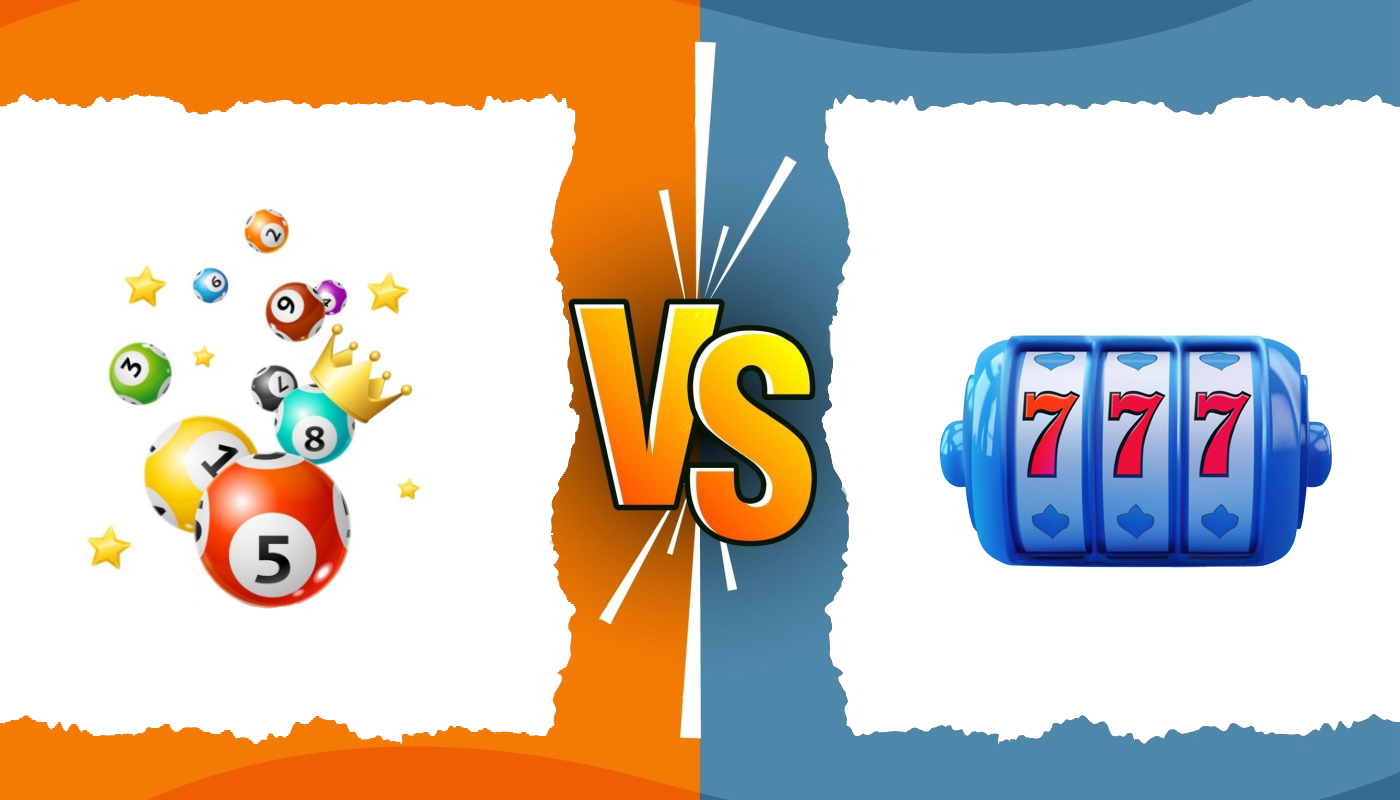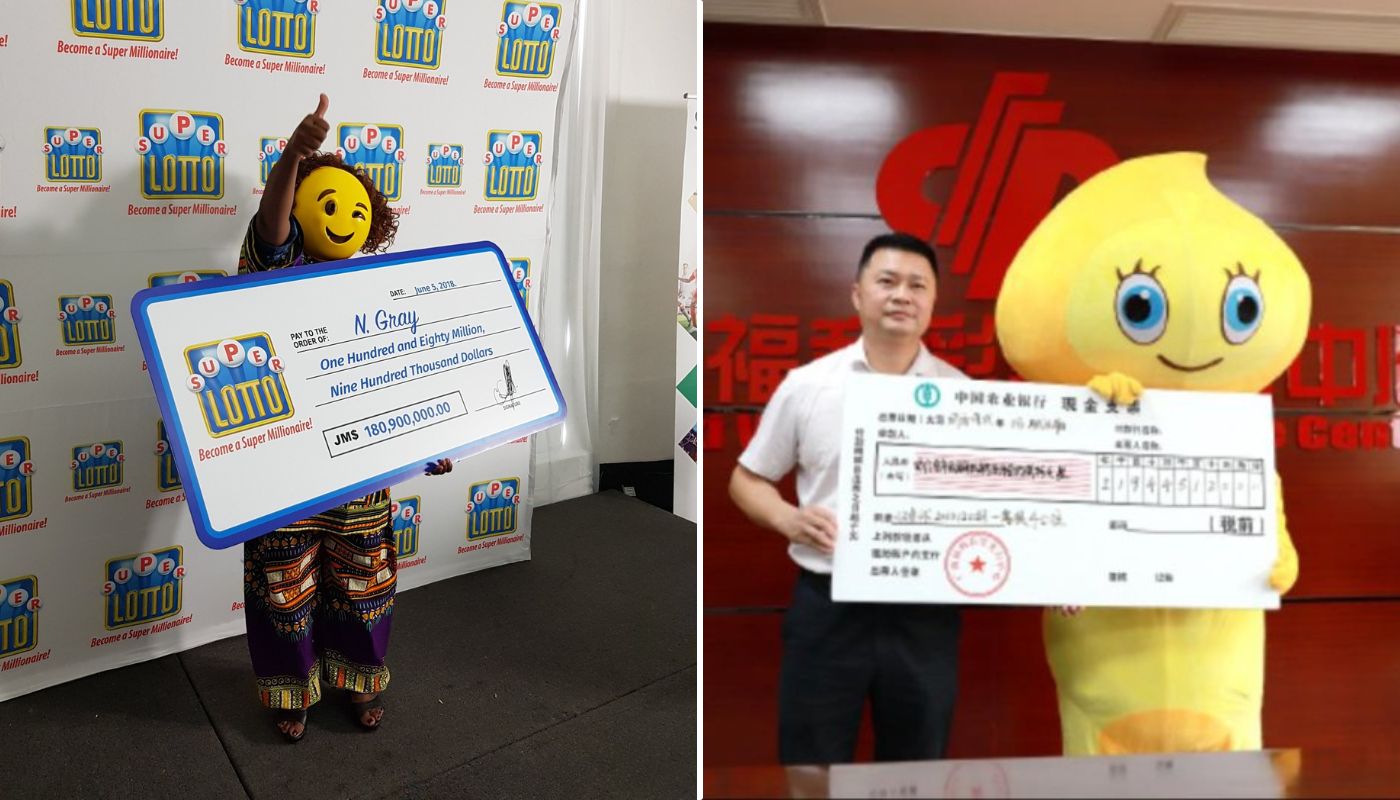
News writer
Your chances of winning a lottery jackpot prize are very slim. Only a very few lucky players win each year. But there is a way that you can increase your odds of winning. That is to participate in a lottery pool.
It's a great way to slightly increase your odds without having to spend more money on tickets.
What is a lottery pool?
A lottery pool, also known as a lottery syndicate, is a group of people who get together and combine their money to play to win a jackpot. Each member adds money to the pool, and the combined funds are used to buy lottery tickets. If a prize is won, it will be split between the entire group. The more people you have in your lottery pool, the more tickets you can buy for the same individual cost. Although the payout will be smaller than it would be if you were playing alone, you do have a better chance of making a win.
How does a lottery pool work?
Though there are no hard and fast rules for setting up and running a lottery pool, the main thing to keep in mind is to make it as simple as possible. Nominate one person from your group to collect ticket money from each member of the syndicate. Once all the money has been collected, purchase as many tickets as the pool fund will allow. If one or more of the tickets are winners, the total amount of the prize will be divided evenly between all the members of the pool. For example, let's say that you are part of a lottery pool of twenty members. You decide to play Powerball once each week. Each member contributes $5 to the weekly pool. The designated member collects each player's money and purchases $100 worth of Powerball tickets. If one of the tickets was to hit a $1 million prize, after taxes, the money would be split 20 ways.
Steps to setting up a lottery pool
Setting up a lottery syndicate isn't rocket science. But you should be sure to only invite people you trust to join your group. They should also all share the same goal of winning the lottery. Here are some steps that you can take to ensure that your lottery pool runs as streamlined as possible:
- Know your lottery pool's members: Only invite people whom you know to join. That way, you can be sure that they are reliable and honest.
- Create a contract: Before you begin, draw up a contract to be signed by each member so that they all know the rules and agree with them.
- Get on the same page: Take a vote to decide which lottery you will play, how many times a week you will play it, and how much each member will put into the pool fund.
- Elect a dependable manager: Make sure that you can rely on the person you choose to manage the funds and purchase the tickets.
- Establish a timeline: Let everyone know when the money is due and when and how it will be collected.
- Keep detailed records: From the outset, you should keep records of every dollar that is collected, all tickets that are purchased, and all wins that are collected. Taking pictures of the tickets is a good idea if you're not buying them online. Share all this information with the other members.
Who can become a lottery pool member?
The main stipulation for lottery syndicate members is that they must be at least 18 years old to purchase a lottery ticket in the U.S. Many lottery pools are created by people who work together. Other lottery pools are made up of extended family members, sports teams, church groups, or groups of college students. It's much easier to run a lottery pool if you live, work, or play with its members, as you will see them often.
The legalities of lottery pools
Lottery pools are considered to be a form of organized gambling. Although there are no federal laws against this, some state laws may differ. It is definitely worth checking out your state lottery and gambling regulations before you set up your lottery pool. The U.S. Lottery is legal in 45 states, with Utah, Nevada, Alabama, Alaska, and Hawaii being the exceptions. Typically, states that host lottery games are also amenable to lottery pools.
If you are thinking of starting a lottery syndicate in your workplace, you may first want to take a look at your employee handbook to see if it is permitted. If you can't find a straightforward answer in the handbook, talk to your HR personnel. Even if your state accepts lottery pools, your employer may have a specific code of conduct that disallows them. If you are unaware of this and you create a lottery pool, it could cost you and your team members your jobs. Bear in mind that federal government employees are not permitted to create lottery pools on government properties. Active military members are similarly prohibited from playing the lottery or participating in a lottery pool if it violates these regulations.
A lottery pool story with a happy ending
In July 2018, a lottery pool of 11 work colleagues won a Mega Millions jackpot of $543 million. The players, who ranged from age 21 to 60, told the California Lottery they didn't have a regular lottery pool.
It was a spur of the moment. “Hey, did you hear about the jackpot? We should play.”
The friends decided to take a chance, and each member of the pool pitched in $2 each. Their chance paid off, and they took home the largest prize ever won on a California lottery ticket to that date. The winning ticket was purchased at Ernie's Liquors, located at 2808 South White Road in San Jose. The pool lottery chose a Quick Pick. The winning numbers for the July 25, 2018, drawing were 19, 2, 4, 1, 29, and Mega Ball number 20.
All 11 members of the lottery pool traveled to the Lottery's East Bay District Office in Hayward to collect their $543 million prize. Although the group admitted they worked in the financial industry, they declined to say where or to talk to the media again. They did, however, decide to carry on working.
“We want to keep our jobs,” their lottery pool representative Reyes said. “We love that company. We love what we've built there. We have a good time and want to stay together.”
Before any tax withholdings, the members of the syndicate had the option of taking the one-time lump sum payment of $320.5 million or the annuity of $543 million spread out over 30 years.
Lottery pool FAQs
Can I still buy my own lottery tickets if I play in a lottery pool?
Lottery pools typically have a designated member who collects money and purchases lottery tickets for the syndicate. There is nothing to stop you from purchasing your own personal lottery tickets, so long as these remain separate from those belonging to the lottery pool.
Who is responsible for paying the taxes when a lottery pool wins?
If you join a lottery pool, you will be responsible for paying your own portion of the tax withholdings.
Can I join a lottery syndicate from a different state?
As long as you live in a state that allows lottery gambling, you may participate in a lottery pool in another state. It is important to remember, however, that you may have to pay additional taxes in your own state.
How does a lottery pool choose its numbers?
This is something that should be discussed when you are setting up your lottery pool. You should decide whether you are all going to pick the numbers together or whether you should choose to play with Quick Pick tickets. You should also discuss whether you will continue to play the same numbers in each drawing.



















Comments